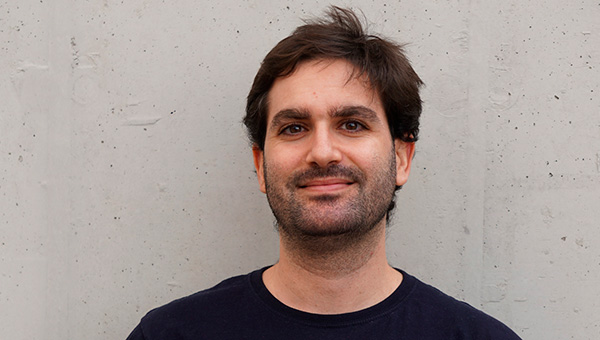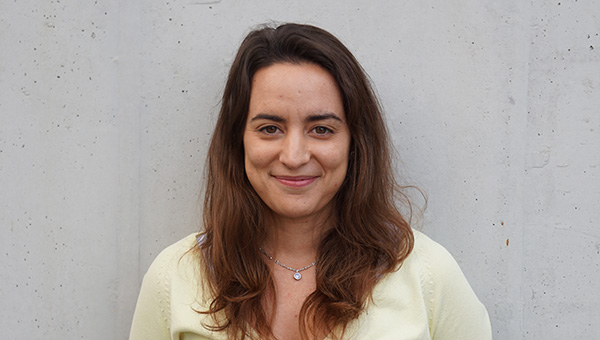Do you want to live healthier and longer?
We see aging as a reversible epigenetic state and we are developing novel therapies based on cellular reprogramming to solve one of the major challenges in human history.
Who are we?
We are an international team of ambitious scientists driven to address fundamental questions in aging research with translational applications to human therapies.
What’s new?

EPITERNA
August 1, 2023
We are excited to announce EPITERNA, a spin-off from the Ocampo Lab at the University of Lausanne. Longevity research is coming of age. Using a unique high-throughput drug screening platform, EPITERNA’s mission is to create more time that matters for people and their pets.

Miguel Angel Muñoz-Lorente joins the lab
December 7, 2021
We are very happy to welcome Miguel Angel Muñoz-Lorente who is joining the lab as Postdoc. Miguel Angel is coming from Spain to investigate aging and reprogramming in killifish!

Alba del Valle Vilchez joins the lab
December 7, 2021
We are very happy to announce that Alba Vilchez is joining the lab as a Postdoc. Alba is coming from Spain to unravel mechanisms of brain aging.
Let’s keep thinking!
Ocampo Lab in the media
Prof. Alejandro Ocampo: Imagining a World Without Aging
December 9, 2021
Everyone knows you can’t turn back time… everyone, except for Alejandro Ocampo, Ph.D. – because that’s precisely what he and his colleagues at Ocampo Lab are working on.
RTS Radio interview with Calida Mrabti
March 2, 2021
Interview by Adrien Zerbini from the RTS (Radio Télévision Suisse) about our work on killifish. Thank you Calida for a great interview highlighting the benefits of this fantastic model organism for the study of aging.
Scientists say the clock of aging may be reversible
December 15, 2016
At the Salk Institute in La Jolla, Calif., scientists are trying to get time to run backward.



